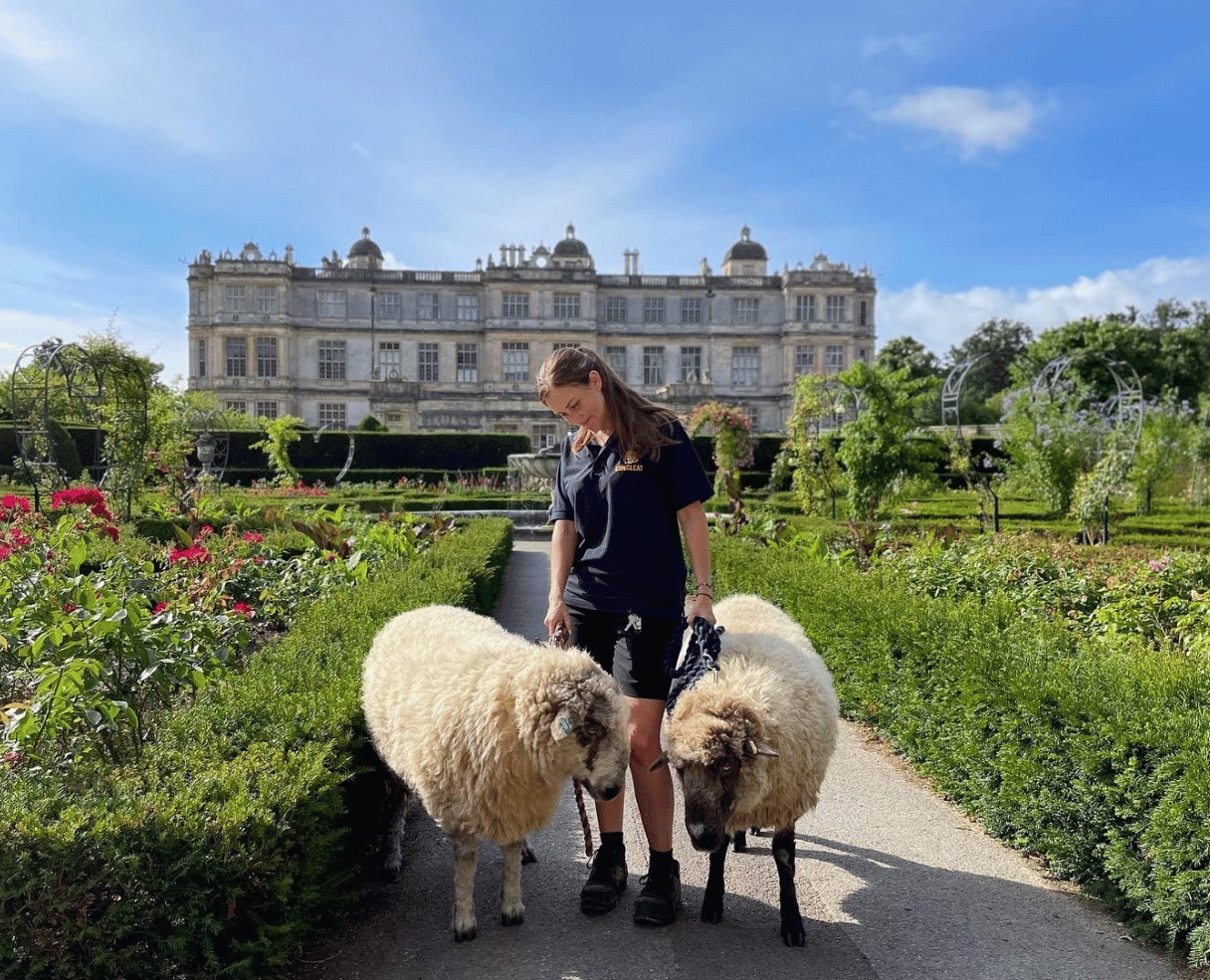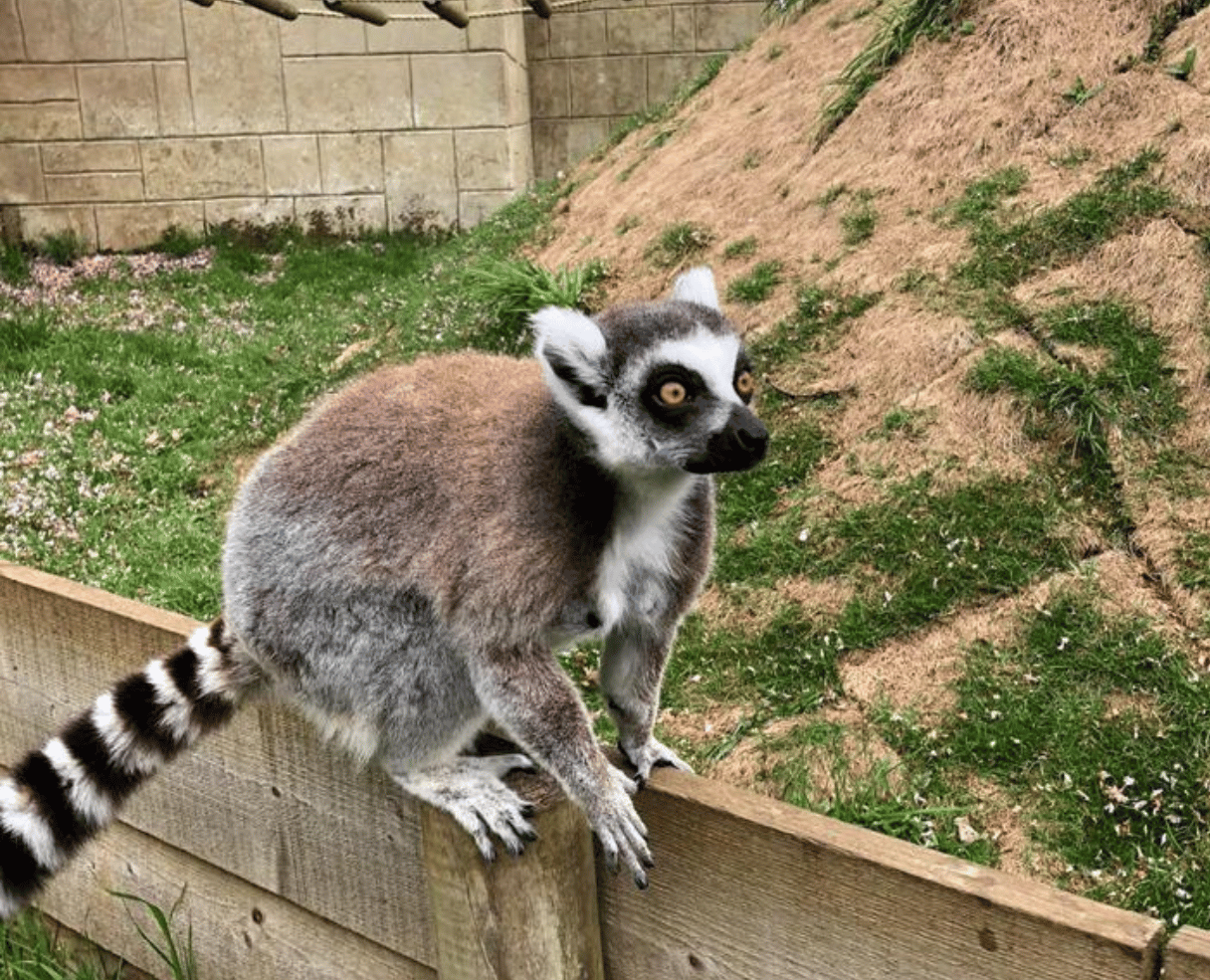Keeper and Aquarist
Each day, apprentices in this field have the opportunity to work with wild animals and underwater creatures, experiencing the satisfaction that comes from helping them. They explore the lives of various marine, zoo and sanctuary animals and become valuable team members, gaining practical skills in animal care while supporting experienced professionals.
We are passionate about the conservation and research of wild animals, and are proud to work with established employers including Longleat Safari Park, National Marine Aquarium, Wingham Wildlife Park and Paignton Zoo.
For employers who would like to know more about the benefits of hiring an apprentice and how to hire, please click the box below.
What to expect from our Keeper and Aquarist qualification
Wild animals and marine life require specialist care from a dedicated team of keepers and aquarists. Participants will work alongside different animals every day, to promote and maintain the health and well-being of the species they look after.
An experienced Trainer Coach will visit learners and their employers regularly, either face-to-face or online, to support them through this incredible qualification. Apprentices can expect to learn about animal behaviour, nutrition, habitat maintenance, and healthcare. Additionally, they will gain practical experience working with a variety of animals and maintaining their living environments. This career path requires a deep passion for animals and a commitment to their welfare.
What will be learnt during the Keeper and Aquarist qualification
As an animal keeper, learners will be responsible for the everyday care and husbandry of the animals they work with. They will discover the beauty in all creatures, great and small, and how they can enhance the habitats they thrive in.
Apprentices will learn about specific animal behaviours and their basic needs, from feeding and assisting with specialist dietary requirements, to ensuring they receive daily exercise and stimulation. They will also be encouraged to promote public engagement with wildlife and conservation education.
Specialising in conservation
The role of a keeper specialises in the conservation of land-based or terrestrial animals from across the globe. Learners will expect to work with a range of wild animals and endangered species, dependant on their employment, and they will support their preservation to secure their future.
As an aquarist, participants will focus on underwater or marine life in conservation, from freshwater or ocean habitats. In this role, individuals will help to protect the marine life and the ecosystems in their care. They will expect to learn the issues that impact marine life and habitats and how they can help to secure a species future.

" My time at Longleat continues to be, incredible! Being an apprentice has meant that I've been able to work with and learn about a broad range of species. The course is interesting, relevant, and useful which helps me to continue developing my practice and be the best animal keeper I can be! "

What happens after the Keeper and Aquarist apprenticeship
On successful completion of the apprenticeship, apprentices will receive an accredited qualification that is recognised across the industry. They may continue working as a Keeper or Aquarist in zoos, aquariums, wildlife parks, or similar facilities. With experience and further education, they can advance to higher-level positions such as Senior Keeper, Curator, or Aquarium Manager.
Some individuals choose to specialise in specific areas such as marine biology, conservation, animal behaviour, or veterinary care, leading to roles such as Marine Biologist, Conservation Officer, or Animal Welfare Specialist. Others may opt for roles outside of traditional zoo or aquarium settings, such as animal education and outreach, wildlife rehabilitation, or research positions in academic or governmental institutions.
Keeper and Aquarist apprenticeship FAQs
To become a zookeeper, you will need to complete a Level 3 Keeper and Aquarist apprenticeship, or equivalent qualification. We offer a work-based qualifications with no day release to college. You will get hands-on experience working with wild animals and marine life. We also provide maths and English Functional Skills support to help achieve these additional qualifications.
A zookeeper or aquarist is responsible for wild animals, endangered species or marine life in their care. As a keeper or aquarist, you will have a passion for future-proofing the world’s animal population and enhance the lives of those animals living in zoos, wildlife parks and aquariums.
As a Keeper and Aquarist apprentice, you are an employed member of staff and receive all the benefits of a paid employee. You will be paid in line with the National Minimum Apprenticeship Wage as stipulated by the Government.
I am a learner
Start your journey and apply for an apprenticeship, or upskill in your current role to advance your career.
I am an employer
We're here to support you with staff expansion, or knowledge enhancement for existing staff.
I am a parent
As an apprentice, your child will have all the benefits of a paid employee, whilst studying for their qualification.


